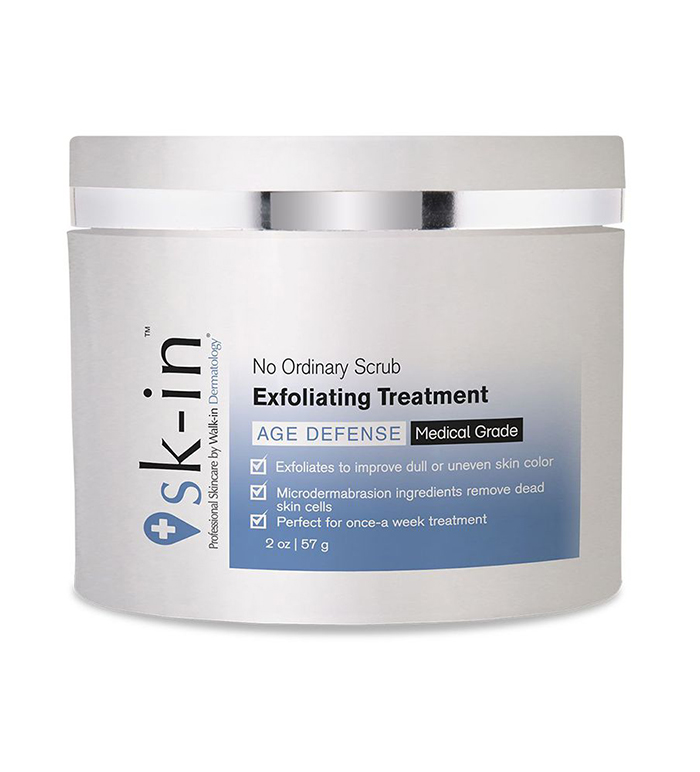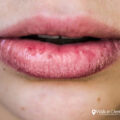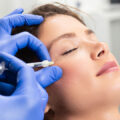Tues: 8:30am - 3:00pm
Wed: 12:00pm - 6:00pm
Thurs: 8:30am - 3:00pm
Fri: Closed
Sat: 8:30am - 12:30pm
Sun: Closed
Greenvale, NY 11548
What Happens if I Over-exfoliate?
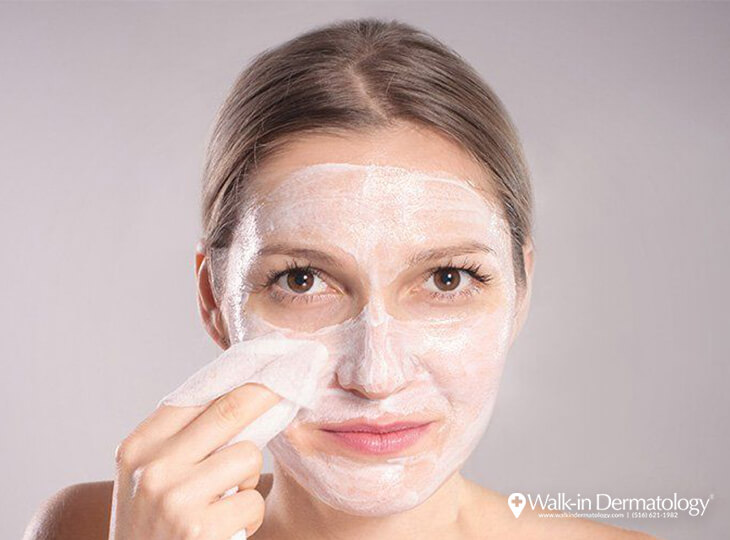

That fragrant apricot scrub or beaded cleanser may feel wonderful as you remove dead skin cells, but if you exfoliate too hard or too often you may be asking for trouble.
The first time you try an exfoliant it may leave your skin feeling soft and luxurious. Your skin might be smoother. Even softer. With daily use, though, damage can occur. Scrubbing too hard? Same situation.
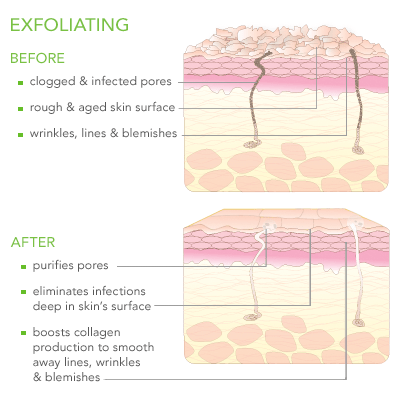

Dermatologists will tell you that exfoliating every day can remove natural oils from your skin. This can cause breakouts that actually defeat the whole purpose of exfoliating because you’re rubbing off the top layer of skin so often it does not have a chance to heal.
Over time, you can cause serious damage to the outermost layer of your skin. Chronic irritation may even accelerate the skin’s aging process. If you’ve been using a skin cleanser or other exfoliant product and start experiencing unusually sensitive or irritated skin, stop using the product to see if the problem clears up. The same goes for sudden redness, rashes or breakouts. Some of these products may cause a tingling sensation as you use them and that’s usually okay, but a scrub should not hurt.
How often is enough?
Many of these products proclaim they are safe for daily use. Whether you really need to use them every day is another question. As a general rule, exfoliant scrubs may be used safely two to three times a week for normal and combination skin, and no more than once a week for sensitive skin. (Learn more: what is my skin type?)
For normal and combination skin, try a product that works both mechanically (removes dead skin cells through the friction of scrubbing) and chemically (dissolves dead skin cells using acids).
For sensitive skin, try smooth-bead products that contain silica, the principal element in quartz. Silica microbeads can remove dead skin cells with less risk of raking off healthy skin.
When choosing a chemical exfoliant, look for products containing beta hydroxy acid (often listed as BHA on the label) or alpha hydroxy acid (AHA). A 2% concentration is fairly standard, although preparations cay vary in strength from 0.5% to 5%. Generally, the more sensitive the skin, the lower the concentration you should use.
The main difference between these two acids? AHAs are water-soluble and usually made from sugary fruits, while BHAs are oil-soluble, meaning they can work deeper in the pores of your skin. Products with AHA should be used sparingly on dry or sensitive skin. BHA scrubs are often used to treat acne, help with deep pore cleaning and reduce the signs of sun damage on the skin.
Above all, if your exfoliate scrub causes pain, irritation, redness or skin breakouts, discontinue use and talk to your dermatologist.
Let Walk-in Dermatology Take Care of Your Skin
Not sure which exfoliate product you should use? Talk to your dermatologist. We can answer any questions you have and recommend specific ingredients or exfoliate products that are right for your skin.
If you’re concerned about any skin condition, there’s no need to wait, worry or wonder. Walk-in Dermatology can help. Our team of board-certified dermatologists and experienced medical staff will address your concerns and provide the necessary treatment for all your skin conditions. You can also schedule an appointment with us. Best of all, there’s no waiting.
If you can’t make it to one of our offices, we can set up a Video Visit and even prescribe medications remotely. You can also schedule a teen facial or purifying facial with our medical aestheticians to decongest pores and soothe your skin. Contact us today.

